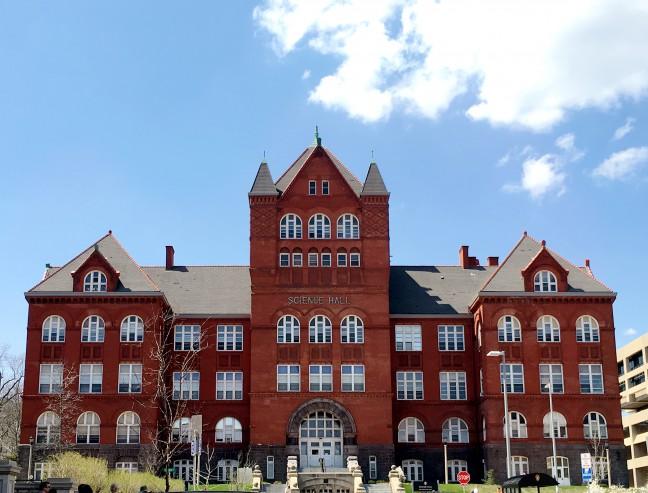The University of Wisconsin is currently focusing efforts on collaborating with the government of Botswana to help understand conservation and its impact.
This summer, UW is offering a course titled “Botswana: Ecology and Environment,” which will delve into the finer details behind how the African country handles the issue of conservation and what can be learned from their systems and strategies.
Postdoctoral researcher Cooper Rosin will teach the course in seminar style. It is reading-based, with the potential for several guest lecturers from Botswana via Skype, Rosin said.
Learning more about Botswana from the nation’s experts and connecting with the greater community that is passionate about environmental issues are aspects of the course Rosin said he is most excited about.
“Botswana as a nation offers so much potential for us to better understand our natural world and contribute to its preservation while promoting sustainable development,” Rosin said.
Botswana is a developing nation in southern Africa, known for its impressive wildlife and vast Savannah landscape that encompasses most of the Kalahari Desert and the Okavango Delta, both of which are extremely rich in biodiversity and natural resources, Rosin said.
Rosin said Botswana’s government is the reason this course has been made a reality. The country’s stable democracy has been very open to collaborating with UW in helping students to better understand conservation.
Paul Zedler, a senior scientist at UW’s Arboretum and Associate Director for Research and Education for The Nelson Institute, further explained what can be learned from Botswana’s attitudes toward environmental conservation.
“Unlike some aspects of our current government, Botswana is determined to maintain its natural wildlife. It’s a great place to be connected with,” Zedler said.
Rosin explained UW is currently in the process of collaborating with Botswana for research opportunities.
Rosin hopes opportunities for more UW students to study in Botswana and vice-versa will be possible in the near future.
“There is a lot to look forward to in this partnership between UW-Madison and Botswana and this is the first step in an opportunity for our students,” Rosin said.
Rosin said because Botswana as a nation is more wealthy and stable than other developing countries, it does not have to exploit its natural resources in the same way others do.
This factor has made a great impact in terms of preserving its natural heritage, Rosin said.
“It’s a somewhat rare example of a country having these biological riches and still having them be mostly intact,” Rosin said.
When America was developing, Rosin explained, the settlers “essentially trashed” all natural resources.
But today, Botswana and other developing countries are in a position such that things can be done differently and natural resources can be protected and preserved, Rosin said.
Zedler said many people do not understand the basics of conservation. But with greater awareness, less damage will be caused to nature and the planet will be better off.
Zedler said the conservation issue ultimately comes down to caring about our natural heritage.
“What I am consistently impressed with from countries like Botswana is their forward-thinking embracing of environmental sustainability that essentially all developed nations did not do in our own development,” Rosin said.


